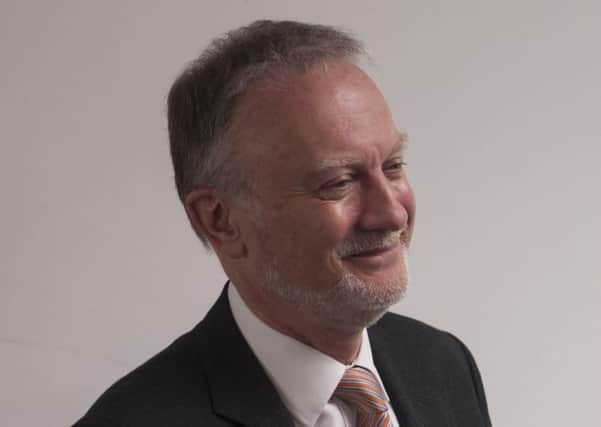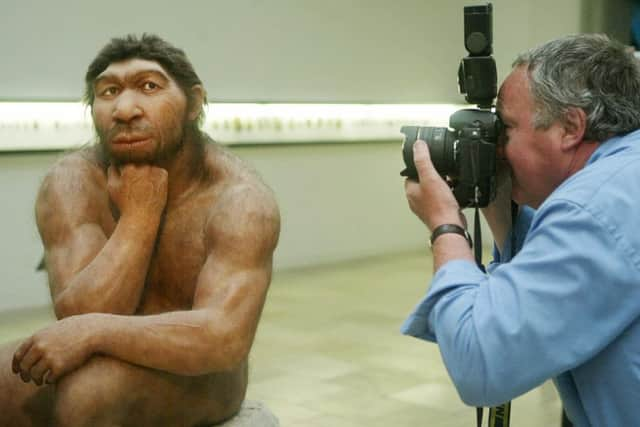John Sturrock: Fight or flight deeply rooted in our ways


Problem-Solving and Risk Analysis is more than learning about the law or what a court might do. Most issues which clients bring to lawyers are resolved without going to court. Those which do get into the court system are rarely decided by a judge. Client interests and needs are usually much broader than the legal issues on which rights and remedies are based, and lawyers need to be able to identify and analyse these, understanding personal, professional and/or commercial factors. Diagnosing underlying symptoms and exploring all options for early resolution generally benefits from non-binary thinking. But how much of a lawyers’ training tends to be located in the right/wrong, black/white context of case law and judicial decisions? Adaptability and flexibility are key attributes of modern lawyering. Most learning comes from mistakes; most solutions from creative thinking. How can lawyers help clients adopt preventative strategies to avoid repetition of disputes?
Systems Thinking promotes ways to address deeper issues, by examining the linkages and interactions between component parts of a defined system over time and within a broader context. With the pace of change and complexity of problems increasing unpredictably these days, while resources are declining, standing “outside” and looking more holistically at an issue may be in a client’s best interests. Increasing understanding of Implicit Bias reminds us of preferences over which we have no conscious control and about which we may be wholly unaware, gender and race being two of the most significant. But there are many more. These affect our responses and decisions in many situations, whether as advisers or clients, leading to errors, not least making wrong assumptions, jumping to conclusions and being blind to obvious facts. This links with neuro-science. Our understanding of the human brain has grown exponentially in recent years. For example, we now appreciate how much we are at the mercy of the reptilian part of our minds, which developed in prehistoric times as our essential protection against external physical threats, enabling an instinctive, intuitive response to danger. That default reaction still kicks in today when we experience danger or pressure in a social situation. But fight, flight or freeze is not helpful in circumstances in which we need considered, reasoned and measured responses. This takes us inextricably to emotion. Nearly all decisions are made, at least in part, for emotional reasons. We need to be aware of the effect of our own, and others’, emotions in any given situation.
Advertisement
Hide AdAdvertisement
Hide AdUse of language is part of this. Legal language can be opaque and exclusive. When communicating with another client or lawyer about alleged losses or seeking to vindicate or defend clients’ rights, some lawyers can be aggressive and adversarial in tone and word choice. Communicating effectively in tough situations is a skill. A lawyers’ job should be to achieve the best possible outcome for a client. If so, essential to any lawyers’ toolkit should be an understanding of Behavioural Economics and how outcomes can be optimised, complementing a better understanding of how parties actually act in real negotiations. This is big picture, “macro” stuff, not mathematical modelling.


Clients’ interests are best served by skilled professionals who understand and can deploy interest-based or “integrative” Negotiation and Mediation strategies. This is most effective when parties wish to establish or continue a business or personal relationship. Mediation enables this kind of negotiation to be conducted even when there seems to be deadlock or unwillingness to progress.
Finally, how about Purpose and Ethics? What is the point of being a lawyer? In what ways does law converge with other disciplines? If public opinion about lawyers is low, what can we do? How do we learn about clients’ real needs? How might we reduce reliance on lawyers? In complex, uncertain, volatile times, what changes might we need to consider?
John Sturrock is Chief Executive and Senior Mediator with Core Solutions Group